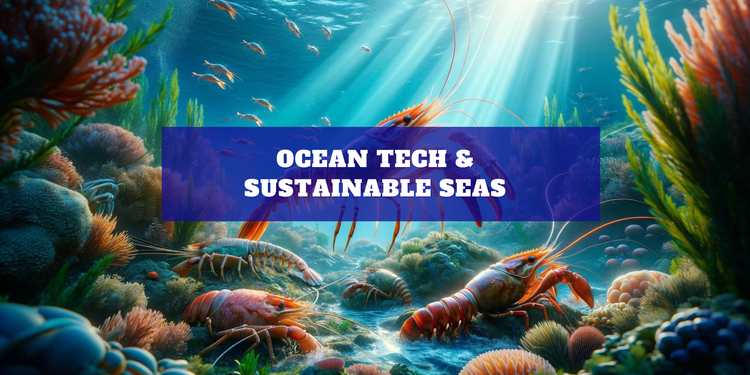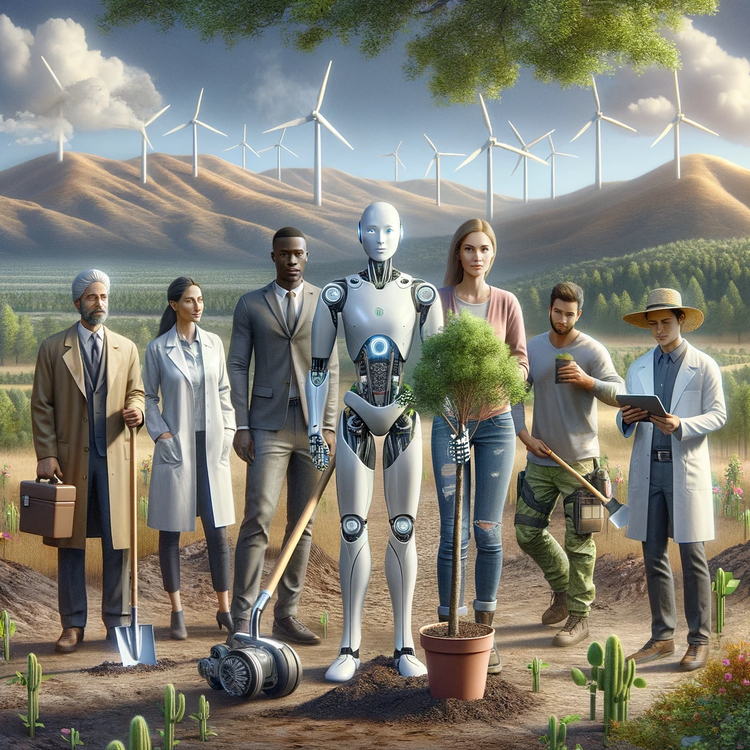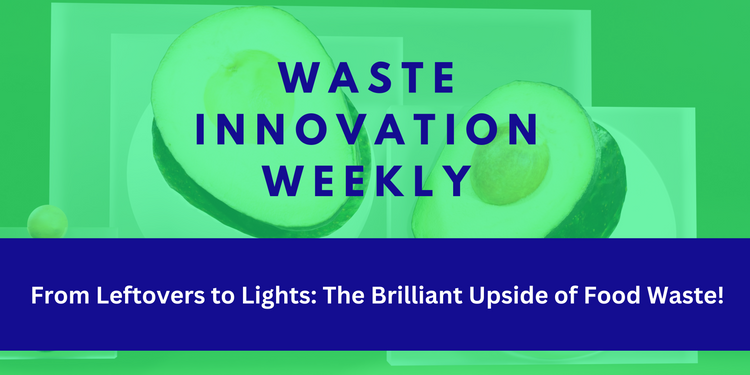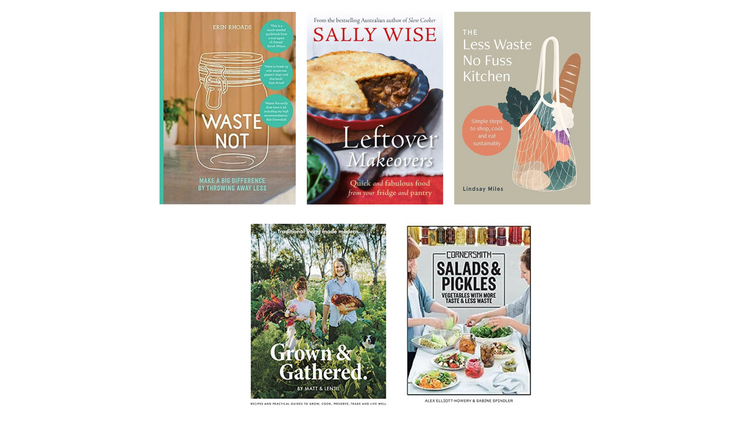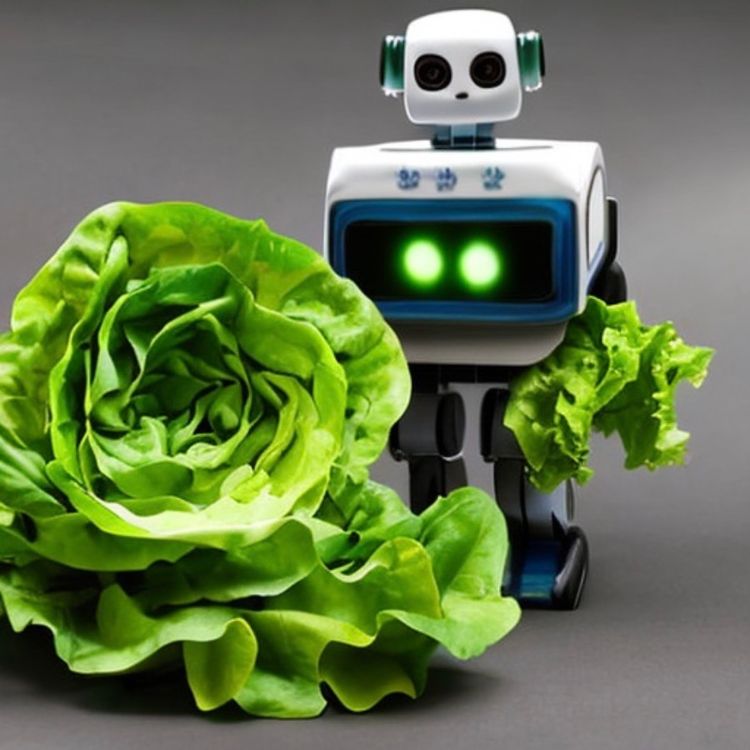From Fine Dining to Fuel: The Revolutionary Way Cruise Ships Are Powering Their Luxury Liners
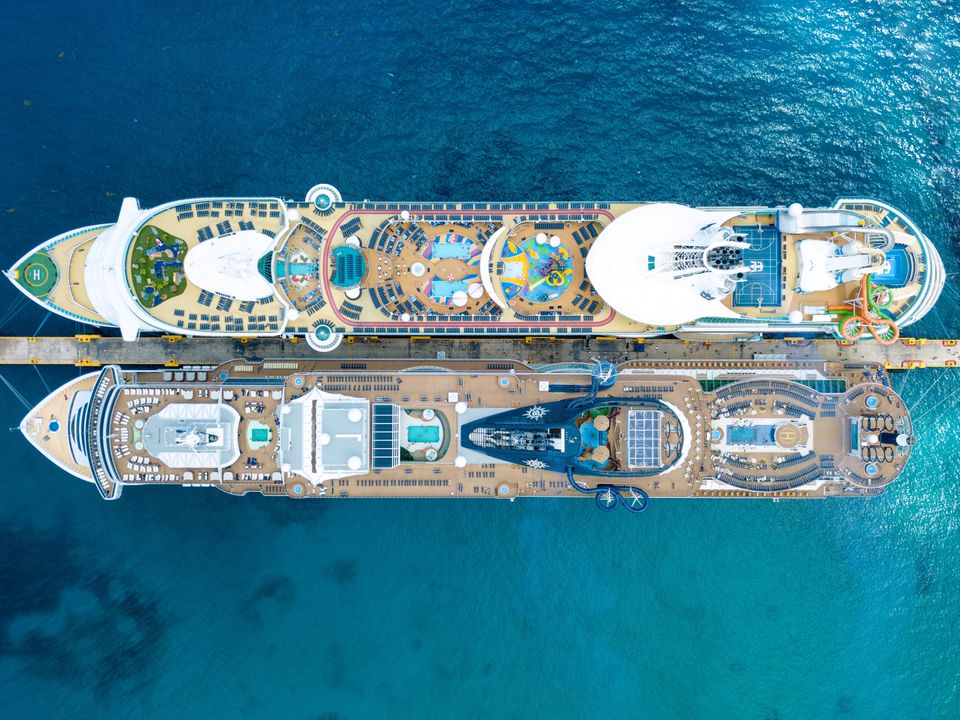
During a 10-day cruise, an average of 50,000 eggs, 3,125kg of fish, 1,231kg of watermelon and 1,125kg of cheese will be prepared and eaten. With dinner finished off by 600 gallons of ice cream.
Large cruise ships can also generate over 200,000 gallons of sewage and 8 tonnes of solid waste weekly.
If diverting and reducing waste on land is a challenge, imagine tackling waste management on board ships while travelling from port to port.
This unique perspective has led to many cruise liners developing innovative solutions to make travel more sustainable.
Take Royal Caribbean Cruises, for example. Launching this year on two of the cruise company's newest ships will be the industry's first onboard system to turn solid waste into energy that will provide power and divert waste from landfills.
The pioneering tech is part of a state-of-the-art management system to tackle food and solid waste onboard, the features of which include:
A waste-to-energy system using MAP (microwave-assisted pyrolysis)and MAG (Micro Auto Gasification) will take the ship's waste and convert it into synthetic gas (syngas) that the vessel can use directly as energy. The other bioproduct of which biochar can be used as a soil nutrient.

Reducing food waste is achieved by adopting AI technologies to monitor food supply and by focusing on raising awareness onboard with educational campaigns for both staff and guests.
Managing cruise ship waste is a considerable challenge, but by building a Green Hub program that includes 33 ports and world heritage travel destinations like the Galapagos Islands, the Royal Caribbean Cruise group has helped divert 92% of its waste from landfills.
The Voyage Towards Sustainable Travel
As we look to the future, the conversation isn't just about the destinations we explore but how we get there.
Sustainability is no longer a buzzword or an added bonus; it's a necessity. Whether on land or sea, travellers and industry leaders alike recognise the importance of treading lightly, ensuring that the beauty of our planet remains intact for generations to come.
Cruises, often seen as the epitome of luxury travel, are proving that luxury and sustainability aren't mutually exclusive. Royal Carribean's proactive measures demonstrate a commitment to providing world-class experiences and doing so responsibly. They're setting a standard for the marine industry through innovative technology, conscientious initiatives, and strategic partnerships.
As consumers, our choices matter. By opting for travel options prioritising eco-friendly practices, we're voting with our wallets and signalling a demand for a more sustainable future.
Sources:
Royal Caribbean Group Transforms Waste Management In The Cruise Industry, Helping Protect the Oceans

